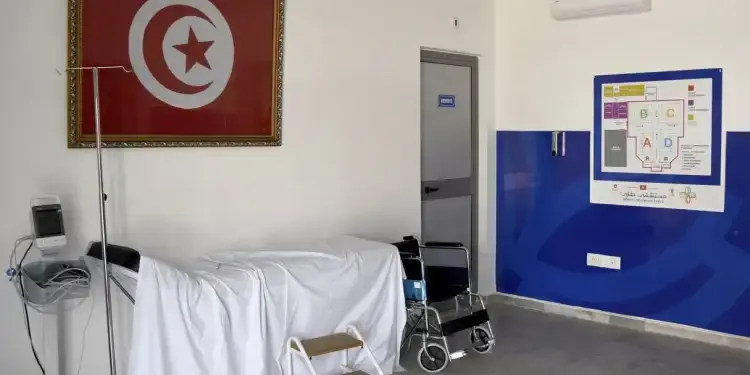The World Bank Administrators’ Council gave its green light on Wednesday, May 28, 2025, to total funding of $ 125.16 million in favor of Tunisia. This amount includes a subsidy of $ 17.16 million from the Pandemias prevention fund. It will be used to support the project to strengthen the health system, the objective of which is to make health services more accessible, reactive and resilients on a national scale.
According to a press release from the financial institution, this project aims to strengthen the country’s capacity to deal with pandemics and health emergencies, modernize primary health care, and improve governance as well as the digitalization of the public health system. It is part of the national sector reform strategy, focused on expanding access to care and the promotion of preventive services.
The project will unfold around three main axes:
Strengthening the “only health” approach: this component provides for the improvement of laboratory infrastructure and public health devices, in order to ensure continuous monitoring of diseases and a rapid response to health crises.
Reorganization of community health services: here it is a question of consolidating family medicine, adapting the capacities of care structures to local needs, generalizing telemedicine and electronic medical records.
Improvement of emergency care and hospital infrastructure: this component includes the modernization of ambulance fleets, the introduction of geolocation systems and the strengthening of patients in health establishments.
This program, under national scope, will directly benefit all Tunisian citizens thanks to better accessibility to critical care, emergency services and hospitalization. Health professionals will also be beneficiaries, in particular through training in epidemiological surveillance, disease management and use of digital systems.
For Alexandre Arbbbio, director of the World Bank office in Tunisia, this project is based on a trusted partnership that proved its effectiveness during the COVVI-19 crisis. It will be implemented in close collaboration with the United Nations Food and Agriculture Organization (FAO) and the World Health Organization (WHO).
For her part, Yassine Kalboussi, health expert at the World Bank and project manager, stressed that this initiative will contribute to a technological and structural transformation of the health system, by putting particular emphasis on the most disadvantaged areas.








